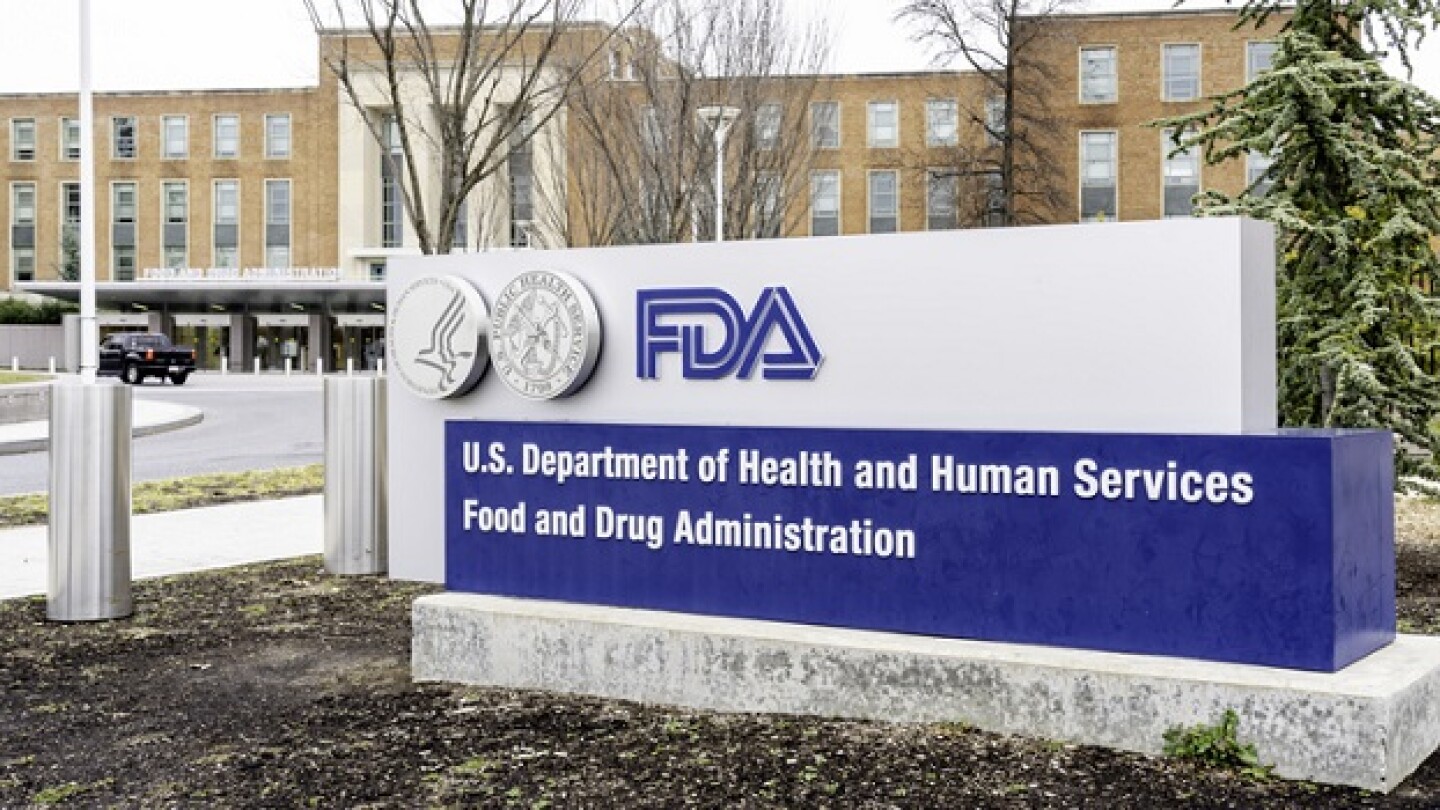FDA
Why I advocated on Capitol Hill this month for the renewal of the FDA’s Priority Review Voucher program
FEATURED STORIES
After a leading study caused the FDA to slap its most stringent warning on hormone replacement therapies for menopause more than two decades ago, the regulator is changing course in what FDA Commissioner Marty Makary called a “historic day for women in the United States.”
The upheaval of the Health and Human Services workforce and leadership leaves much to be desired in terms of delivery, recently retired FDA Chief Information Officer Vid Desai tells BioSpace, but the regulatory agency is evolving to be more open to much needed change.
While the FDA continues to put out guidance documents and approve drugs, some companies are already reporting delays in dealings with the agency, while insiders warn of falling morale and a negative perception from the rest of the biopharma world.
Subscribe to ClinicaSpace
Clinical trial results, research news, the latest in cancer and cell and gene therapy, in your inbox every Monday
THE LATEST
The regulator on Thursday approved Opill, the first oral contraceptive available in the U.S. without a prescription. Perrigo shares rose 6% in response to the news.
The FDA recently approved the first cellular therapy for Type 1 diabetes and others may not be far behind. But experts say challenges still exist to the widespread application of these treatments.
Thursday, Eisai and Biogen’s Leqembi also became the first disease-modifying treatment for Alzheimer’s to win traditional approval. CMS coverage is expected to begin immediately.
The Inflation Reduction Act could put an end to blockbuster runs like that of Merck’s Keytruda, experts told BioSpace. In the meantime, the drug keeps picking up more indications and positive clinical results.
After an initial rejection, BioMarin has finally secured the FDA’s approval for Roctavian, the first gene therapy in the U.S. for the most common form of the bleeding disorder.
Of the 30 patients given CellTrans’ Lantidra in two studies, 21 were insulin-free for at least a year and 10 were insulin-free for more than five years.
Overcoming an FDA rejection in January 2022, Pfizer and OPKO’s Ngenla will provide a long-acting, reduced-frequency treatment option for children with growth hormone deficiency.
The biopharma’s monoclonal antibody is the first to win approval for the two most common forms of generalized myasthenia gravis, a rare autoimmune and neuromuscular disorder.
Shares of Sarepta dropped 11% a day after securing accelerated approval for the first gene therapy to treat Duchenne muscular dystrophy over concerns about the potential for label expansion.
Argenx’s Vyvgart will now be available in the U.S. as a more convenient subcutaneous formulation 18 months after its first approval.
















